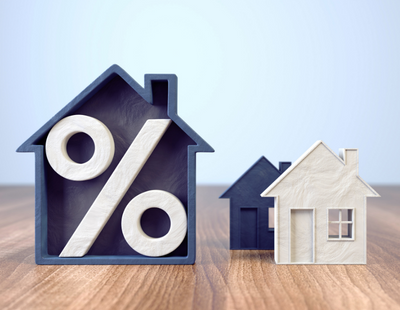
Just as the Nationwide showed the impact of rising mortgage costs on house prices, so another raft of lenders have made the situation worse by increasing their rates.
Halifax, BM Solutions, Virgin and Nottingham Building Society have increased parts of their fixed rate offerings.
Halifax rates on purchase products are up by as much as 0.2%. BM Solutions are increasing rates by up to 0.24%, with both taking effect from today.
And yesterday Virgin increased rates on products between 0.08% and 0.2% while the Nottingham increased product rates this morning by up to 0.25%.
Earlier this week the NatWest hiked rates by up to 0.21 percentage points on selected new mortgage products and up to 0.22 percentage points on selected remortgage products. Santander also introduced rate increases for fixed and tracker deals across its residential and buy to let offering.
In its new business range, residential fixed rates have risen by between 0.04% and 0.20% for both purchases and remortgages.
Meanwhile Halifax – before this latest rise – rated the maximum loan to value on its part interest-only and part capital repayment mortgages from 75% to 85%; the lender says this will allow customers who opt for a portion of their mortgage to be interest-only to be able to access higher overall LTV borrowing.
Most lenders attribute the increased mortgage rates to the rise in so-called swap rates.
This rate is the amount that lenders pay to financial institutions to secure funds for a specific duration. These rates vary according to duration and typically they move in the same direction as mortgage rates – so when swap rates drop, so do mortgage rates, and vice versa.
Swap rates have been volatile recently because of external factors such as worries over international tensions, inflation, credit risk and the value of Sterling.
In day to day activity, the impact of mortgage rate rises on the housing market can be seen in this week’s Nationwide House Price Index.
To the surprise of many the new edition of the index shows that average UK house prices fell by 0.4% in April, taking the annual rate of house price growth to 0.6% in April, from 1.6% a month earlier.

